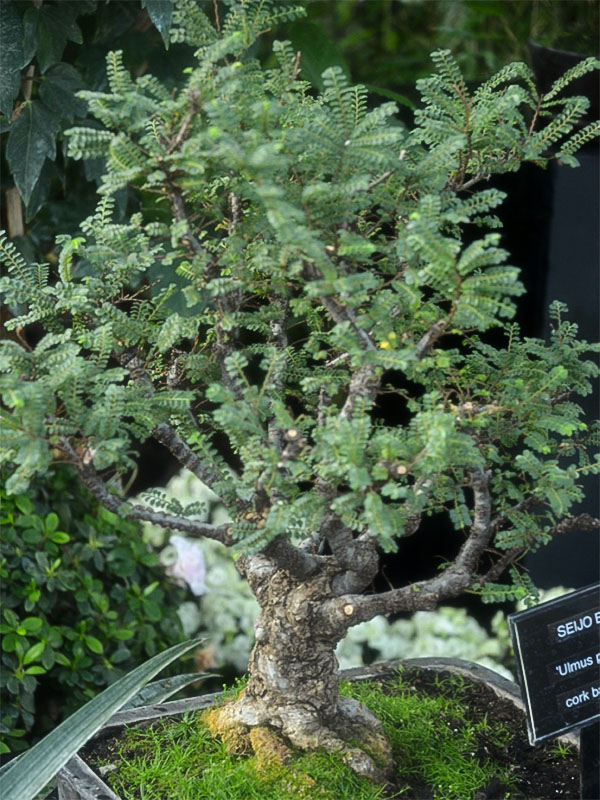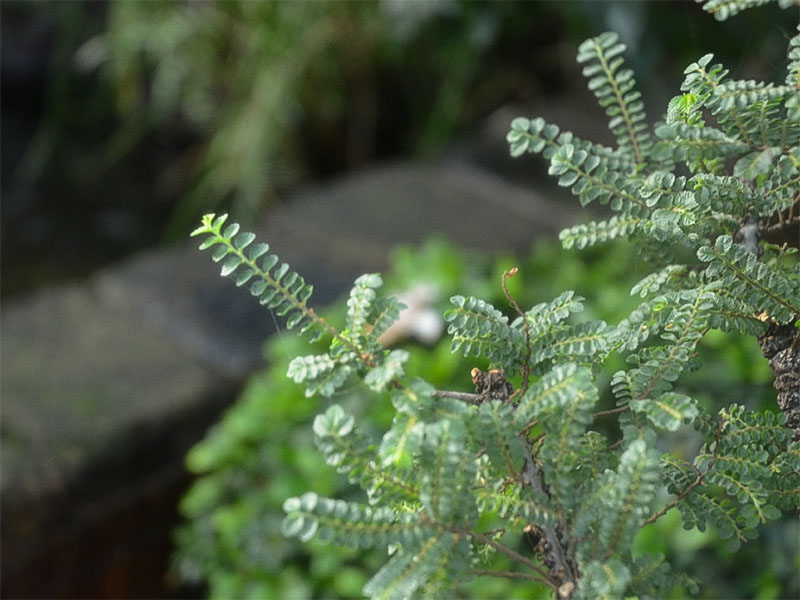
Woody > Ulmus > Ulmus parvifolia > Ulmus parvifolia
Ulmus parvifolia
Chinese Elm
Origin: China, Korea and Japan.
| Family |
| Ulmaceae |
| Genus |
| Ulmus |
| Species |
| parvifolia |
| Category |
| Woody |
| Type |
| Tree (deciduous) |
| USDA Hardiness Zone |
| 4 - 9 |
| Canadian Hardiness Zone |
| 4 - 9 |
| RHS Hardiness Zone |
| H7 |
| Temperature (°C) |
| -40 |
| Temperature (°F) |
| -40 |
| Height |
| 12 - 16 m |
| Spread |
| 8 - 12 m |
Photographs
Description and Growing Information
Flowering Period
| Landscape |
| Among hedges, shade, in city and courtyard gardens, as an urban tree, in informal gardens or as a specimen. Can be trained to become a bonsai. |
| Cultivation |
| Grow in moist but well-drained sandy, clay or loamy soils. |
| Shape |
| Upright rounded. |
| Growth |
| Slow |
| Pests |
| Wilts, rots, cankers and leaf scars. |
| Bark/Stem Description |
| Multi-coloured, coarse mottled bark. |
| Leaf Description |
| Ovate-elliptic, shiny slightly serrated leaves measuring approximately 6 - 7 cm long and 3 - 4 cm wide. |
| Flower Description |
| Insignificant small flowers. |
| Fruit Description |
| Single-seeded samaras. |
| Colour Description |
| Medium to silvery-green foliage. Reddish-brown insignificant flowers. Light green samaras. Mottled grey-brown, medium brown, rich brown and burgundy bark. |
| Notable Specimens |
| Muttart Conservatory, Edmondton, Alberta, Canada. |
| Propagation |
| Seed or semi-hardwood cuttings. |


